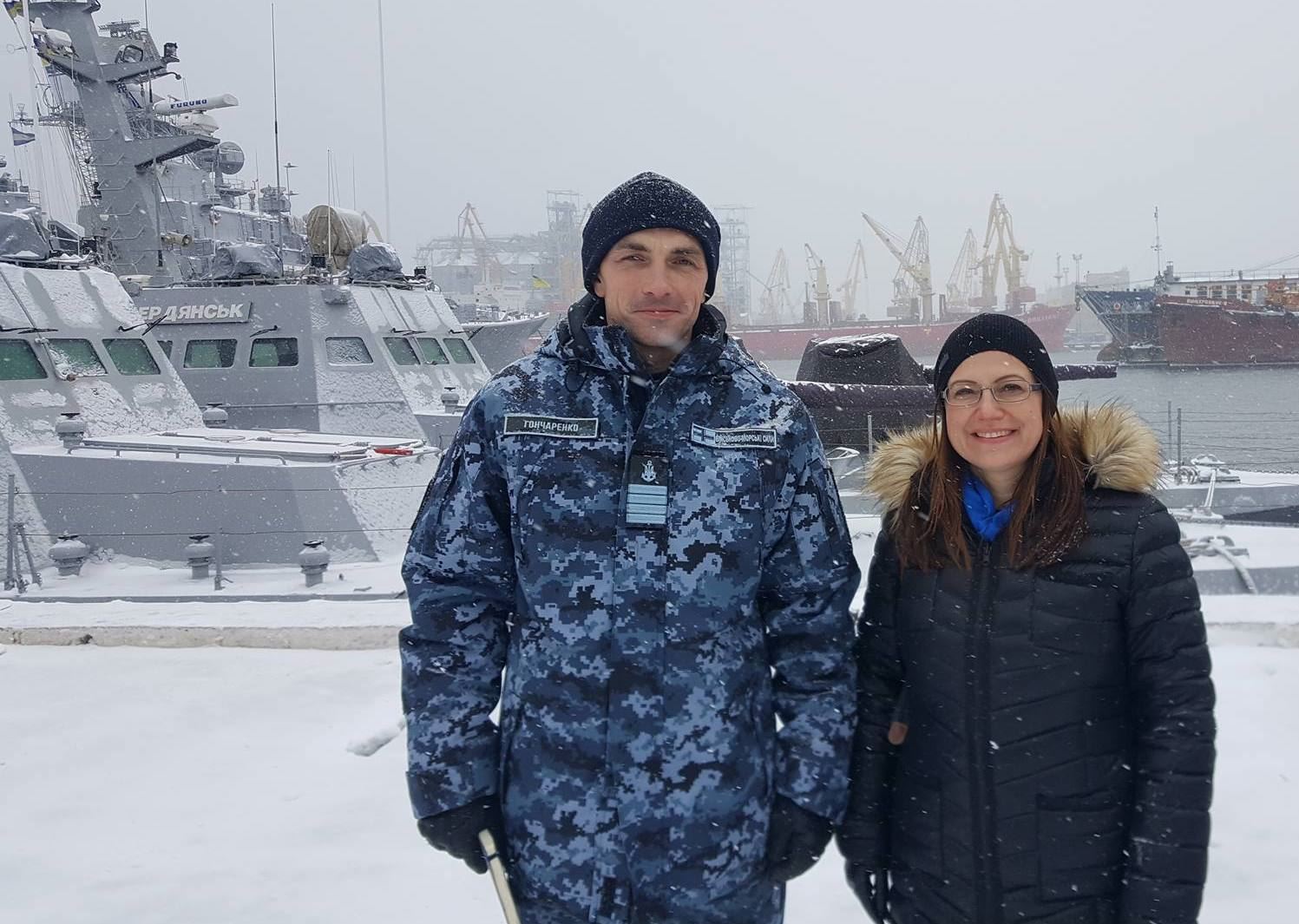Dr. Mark Conversino and Dr. Anna Batta, “The Russian Invasion of Ukraine and NATO's Response: Strategic Perspectives.”
Moderator: Maj. Gen. Walter Givhan, (Ret.), ALWAC President.
Dr. Mark J. Conversino is the Chief Academic Officer of the Air University (2019-). He previously served as Dean of the Air War College (2008-16); and Deputy Commandant and Professor of Strategy and Security Studies at the School of Advanced Air and Space Studies (SAASS, 2016-19), Air University (AU), Maxwell Air Force Base (AFB), Alabama. As an award-winning professor, he is responsible for creating warrior-scholars of airpower. Dr. Conversino joined the faculty of the Air War College (AWC) as a civilian following his retirement from the Air Force and subsequently joined the faculty of SAASS in 2015. He specializes in military and airpower history and theory, Russian history and the politics of the former Soviet Union.
He holds the PhD from Indiana University, Bloomington. His book, chronicling the challenges and costs of the US operation to fly bombing missions from Soviet Ukraine, is Fighting With the Soviets: The Failure of Operation FRANTIC, 1944-1945, Lawrence, KS: University Press of Kansas, 1997.

Anna Batta in Odessa with the Ukrainian Navy, 2018
Dr. Anna Batta is Associate Professor of International Security Studies and the Global Security Course Director at Air War College. She is the author of the 2021 book Russian Minorities in the Former Soviet States: Secession, Integration, and Homeland, which explains why intervention by Russia occurred in the case of Ukraine, despite Ukraine’s benevolent and inclusive treatment of the large Russian minority, whereas in other republics with less benevolent approaches to minorities intervention did not occur, such as Kazakhstan and Latvia. Her webpage is here: https://sites.google.com/view/annabatta.
This registration is for a hybrid event with both a ticketed reception (at 231 Montgomery St) and a free Webinar via Zoom. You may register for either the in-person event or the Zoom only.
For Zoom only, login from 5:45 pm this time since the presentation will not begin till 6:15 pm Central. We will shut down your microphone once the presentation begins, but you may ask questions from the Chat function.
We are reverting to our usual timing for the in-person event in the Whitley building of Troy University Montgomery. From 5:30-6:15pm Central there will be a reception and social time, with presentation at about 6:15 pm followed by question time and discussion, till about 7:30 pm Central.
By 22 March, the tactical and strategic equation will change and will be addressed by the two expert speakers. However, we see already that the long-foreshadowed Russian invasion of Ukraine has produced many surprises. Let us count the ways.
Despite the overwhelming armored forces lined up on the border, Russia was not able to seize Ukrainian cities, airports, railways and roads in the first two weeks. With the ground unfrozen, armored vehicles became stuck on narrow road corridors. Man-portable rockets did "brew up" columns of armored vehicles and shoot down helicopters. Western arms supplies intensified, reaching Ukrainian forces at the front lines by undisclosed means. The front lines, unlike in much modern warfare, were actually visible and coherent.
Millions of women and children were able to escape the cities and towns for Poland and other neighbors. Many Ukrainian men did enlist in the armed forces or militias. The nation, whether Ukrainian or Russian-speaking, west and east, united against an aggressor. Even the southeastern corner resisted invasion from Crimea and Donbas.
The much-feared Russian disinformation and cyber warfare campaigns did not dominate the networks outside Russia. Far from a Russian blockade of the media in Ukraine, western journalists were still reporting live with video from all over Ukraine's hot spots.
Instead of driving a wedge through a weakened NATO, the invasion stiffened its unity and greatly increased the reinforcements of weapons (plus intelligence, no doubt) sent to Ukraine and to the Baltic states. Even diplomatic and economic sanctions were widely adopted.
A young, jewish, former comedian from TV (not a Nazi as claimed by Russia) emerged as an impressive wartime leader, recording videos from the rubble and quoting Churchill's wartime speeches to the UK parliament; his first lady emerged also as an effective wartime speaker.
-- Jeremy Lewis (ALWAC is, of course, not responsible for ideas expressed)